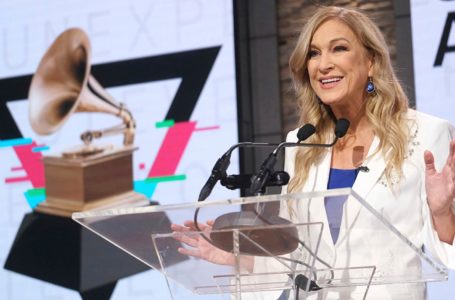At this point, the biggest question is growth. There has been discussion about adding partners.
“You want somebody who is going to fit, thinks like you do, has the same mentality, and wants the culture to stay the same,”
Michael Taitelman
It is a small suite of offices just east of Beverly Hills, but this is where the dreams of Bryan Freedman and Michael Taitelman began. Friends as undergraduates at UC Berkeley, they later joined forces to create Freedman & Taitelman, a firm with a soft spot for the underdog. After almost two years, they have completed their first trial and look forward to many more.
While at their respective firms, Freeman and Taitelman saw many people who needed legal help but could not afford it. “We wanted to build a niche practice where we could help people who needed help,” said Freedman. The firm specializes in real estate and general business litigation and represents a wide variety of clients, from Fortune 100 businesses to small start-up companies. “We have the opportunity to be much more creative in terms of who we represent and how we represent them,” said Taitelman.
From the beginning, the two partners wanted to create a more client-friendly atmosphere.
We had in mind that we were going to build relationships with these people, we knew could help the people we couldn’t help at a bigger firm
Bryan Freedman
The communication level with clients is very high, and almost all of them have Freedman’s and Taitelman’s home and car phone numbers. And they are very happy with the outcome. “I gauge success in having a happy client who is pleased. I think that we’re a success because our clients are happy. This is a result-oriented business, and unless you get the result that your client wants, sometimes you’re not going to make a client happy. But there’s no excuse for not doing everything humanly possible to get that result and that’s what we’re striving to do,” said Freedman. Both Freedman and Taitelman know the issues and facts of every case; this is true even though an associate may be doing a majority of the work. This is not possible in a bigger firm.
When first starting out, the two were warned about going into business with a friend. Instead of driving them apart, the firm has brought them closer together. One of the reasons is that they do not track how much business each brings in or how many hours are billed, and each allows the other to take the leader if he is better suited to the case. Explains Taitelman, “We see how hard we both work. Freedman’s practice has m ore of an emphasis in lending and finance. If I bring something in that’s better suited for his skills, Freedman will handle it. I’ve done a lot of employment cases, and so if we get an employment case, I’ll probably take the lead. Most of the cases the firm has filed have yet to reach trial, although many of them will begin within the next six months.”
The biggest verdict they have had so far is RBF Associates v. Panorama Enterprises, a case Freedman took five years ago on contingency. Many told him it would become his worst nightmare, but Freedman persevered and won a verdict of almost $2 million. In this case, the seller of an office building failed to disclose to Freedman’s client, RBF, that the holder of the promissory note, secured by deed of trust, intended to sell it to a third party. While in escrow, the note was sold, and the new holder foreclosed and took possession. RBF sued on grounds of breach of contract, negligent misrepresentation and fraud. Liability and damages issues were bifurcated. RBF won on summary judgment as to liability, leaving the amount of damages for trial. The defendant has appealed.
At this point, the biggest question is growth. There has been discussion about adding partners. “You want somebody who is going to fit, thinks like you do, has the same mentality, and wants the culture to stay the same,” said Taitelman. Even if their growth is as yet undecided, they know what they’re striving for. “Both of us, I think, can see ourselves trying to build a firm that is well-known, not huge, but powerful,” said Taitelman. Freedman agreed, adding, “One of my biggest fears is a client talking to me about a case in my firm that I don’t know about. The thought of that conversation is unsettling.”
“We generally have a great time waking up in the morning and coming to work. And we have a great time interacting with our clients,” Freedman concluded. “We’re starting to see our clients grow. It’s a nice feeling when you can grow with your client. These are good times.”




